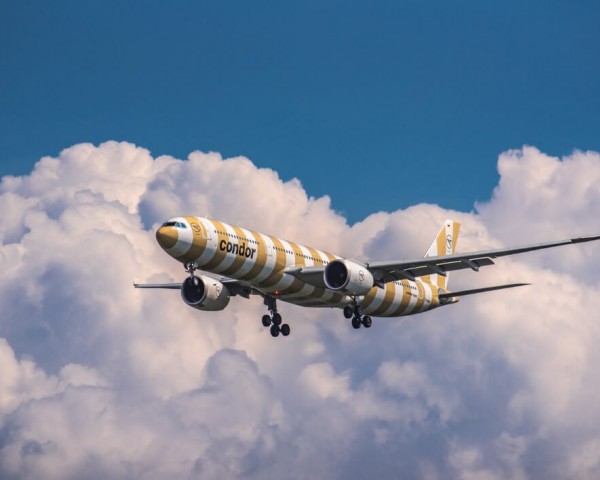Ryanair, Eurowings, Condor, and other airlines are reducing their services in Germany. For instance, following the announced partial withdrawal from BER in Schönefeld, the Irish airline Ryanair also intends to cancel flights at other German locations. In Berlin, the budget airline is reducing its offer by 20 percent. Dortmund, Dresden, and Leipzig will no longer be served starting in the summer of 2025, as announced by the airline in Hamburg. Ryanair has stated that 1.8 million passenger seats will be removed from the next summer flight schedule.
The German tourism industry is increasingly worried about the growing number of flight connections being lost. The main concern is the rising costs of air traffic in Germany compared to other countries. Sören Hartmann, President of the Federal Association of the German Tourism Industry (BTW), stated, “The location costs for air traffic in Germany are simply too high compared to other countries and continue to rise. Other countries are becoming more attractive for companies and guests, and Germany is losing competitiveness.”
The German tourism industry contributes around 4 percent to the gross value added in Germany and employs 2.8 million people. Additionally, 1.3 million people provide intermediate goods and services to produce these goods and services. This means that approximately 9 percent of all employees in Germany work directly or indirectly for the tourism industry.
Leisure and business trips rely heavily on mobility, with air travel playing a significant role for both Germans traveling abroad and foreign visitors coming to Germany. Reductions in flight connections and frequencies have ripple effects throughout the travel industry, impacting tour operators, hotels, and leisure providers. While these changes may shift some air traffic abroad, they do not decrease overall air travel. Due to political decisions, this trend poses a significant threat to Germany as a tourist destination. The frequent news of flight cancellations should be a cause for concern for politicians who value tourism as an essential economic factor. There is a real risk of long-term damage to Germany’s reputation as a tourist destination and the companies involved in the tourism industry.
Several adjustments can be made, such as revisiting the air traffic tax and reducing high air security fees. Additionally, the planned national effort to introduce a power to liquid quota from 2026, involving the blending of so-called e-kerosene, which cannot even be met, is also a mistake. This move will further distort competition and harm Germany as a location for air travel and tourism. Urgent reconsideration of these policies is necessary.
Both leisure and business travelers rely heavily on airplanes as a primary mode of transportation, whether coming to Germany or traveling abroad from Germany. For instance, about 50 percent of longer vacation trips lasting five days or more for Germans are made by plane. Additionally, approximately one-third of European visitors to Germany arrive by plane. Furthermore, the airplane is almost the exclusive choice for traveling to Germany for business travelers and vacationers from overseas, such as in the USA or Asia.












